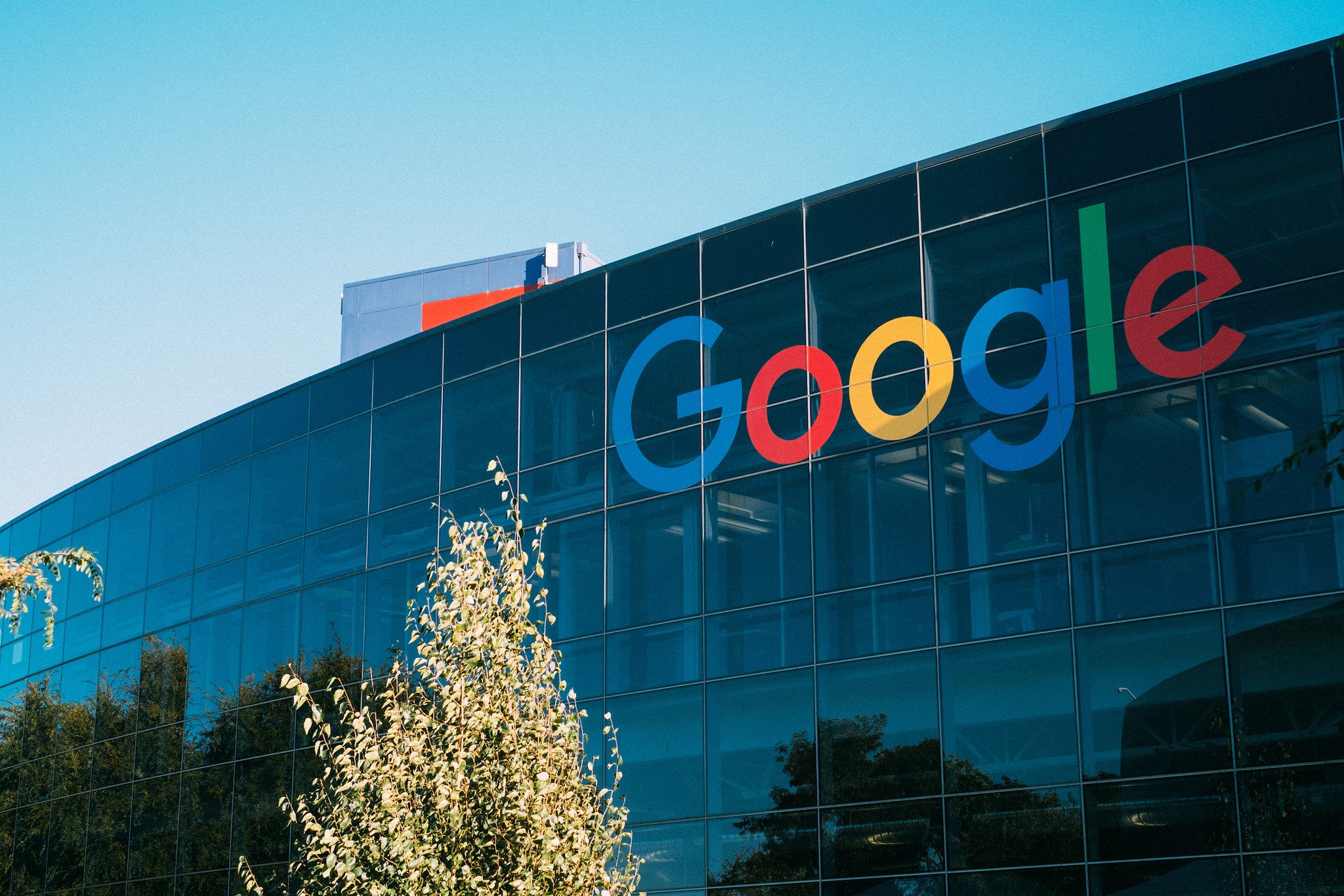Google Hotels and Google Flights Stir Bipartisan Flack Over Business Practices

Skift Take
Criticism about Google's allegedly anticompetitive business practices with Google Hotels and Google Flights is going mainstream — and getting bipartisan.
In a New York Times opinion piece, Lindsey Graham and Elizabeth Warren: When It Comes to Big Tech, Enough Is Enough, the two U.S. senators target highly profitable businesses that "suppress competition." They specifically cite Google, Amazon and Apple.
"Google uses its search engine to give preference to its own products, like Google Hotels and Google Flights, giving it an unfair leg up on competitors," they wrote.
The commentary is noteworthy for at least two reasons.
First, Google faces several ongoing lawsuits by the U.S. Department of Justice and dozens of states alleging it illegally dominates the search and advertising markets. But Google's business practices in travel specifically have received far less attention in lawsuits and D.C.
Second, although Graham, a conservative Republican from South Carolina, and Warren, a liberal from Massachusetts, usually support diametrically oppos

